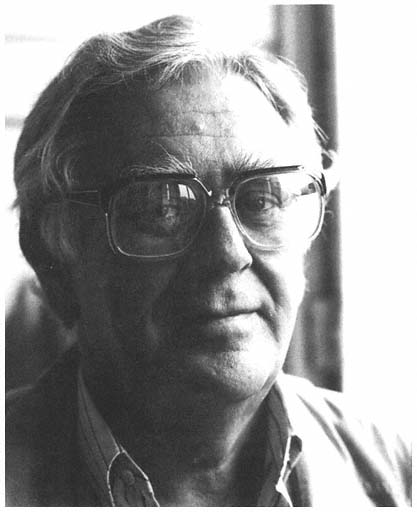Children
Mama Sisulu's concern is for the future welfare of children. She knows that the effects of apartheid will be experienced at every level of existence for generations to come. "No child," she argues, "should ever again be asked to pay the price that our children paid. In the process of helping destroy apartheid, they have in many instances destroyed their own chance to share in the future society in a meaningful manner. People often talk about these children as a lost generation. Maybe they are. I would like to think not. We have got to help restore them to their rightful place in life." Concerned about the loss of vision and hope that has come to characterise the attitudes of many children, her question is a pertinent one: "How can we build a next generation that has hope and a sense of responsibility, if we do not redeem these children?" Asked where we begin, her response is immediate: "By ensuring that the children return to school. There is perhaps no single greater task facing the nation than education," she insists. "Education is often a long way and difficult journey, especially for those who are not well equipped to undertake the journey. It is, however, the only means of self-improvement."
"Some people seem to imagine that after the first democratic government is installed, the inequality and suffering of apartheid will be over. Such thoughts are not only wrong, they are extremely dangerous. We need to teach people that they are the ones who will build the future, that they need to be equipped to do so and that this requires education, training, fortitude and hard work." Mama Sisulu believes there is no easy walk or short-cut to success. While apartheid has denied black children a space within which to succeed, it is the obligation of the entire community to ensure that a new culture emerges within which children will recognise their obligation to succeed for the sake of the entire nation. "Either they must grab this opportunity with both hands or else the noble-minded dreams of our struggle could be reduced to nothing. New values have got to be injected into every aspect of society. It is the obligation of families, Churches and religious organisations, community organisations and government to promote the desire to know, to teach and to learn."
Albertina Sisulu's journey from the soil of her village in the Transkei has been a long and difficult one. She speaks with the dignity and
assurance of one who has gained wisdom and insight from the suffering and hardship endured. Like everyone else whose story is included in this volume, she is grounded in her own context and experience. "We are each required to walk our own road—and then stop, assess what we have learned and share it with others. It is only in this way that the next generation can learn from those who have walked before them, so that they can take the journey forward after we can no longer continue. We can do no more that tell our story. They must make of it what they will." These are the words of one who is, indeed, the mother of a nation that is waiting to be born.

PHOTO ACKNOWLEDGEMENT: Mayibuye Centre, UWC